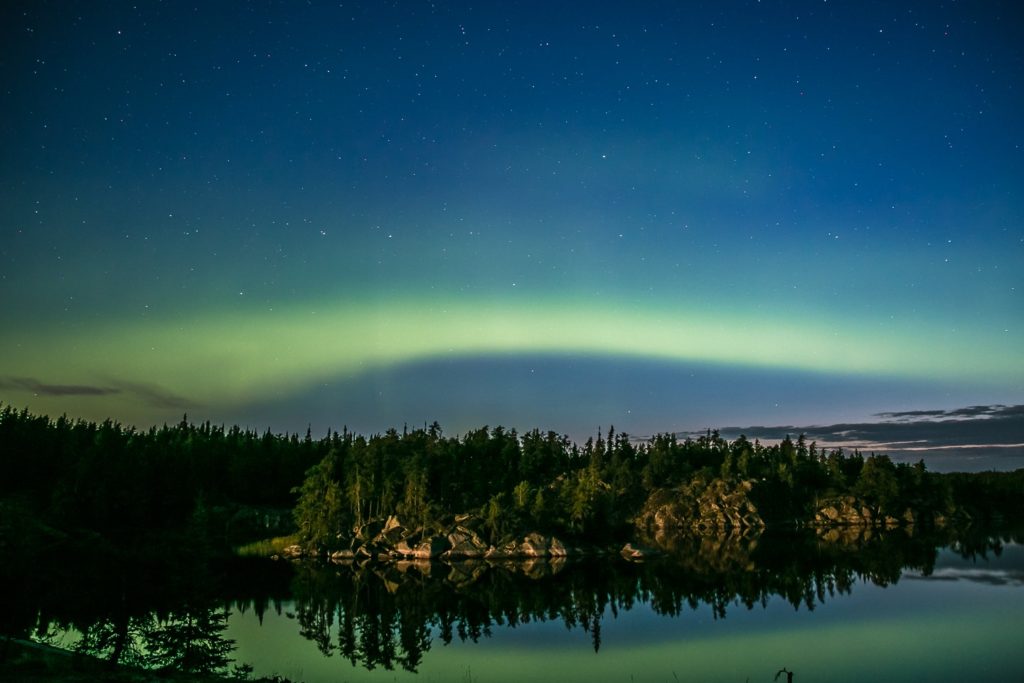GSINN Indigenous and Other Ways of Knowing

November 22, 2022
By Shelby Torres, Rhonda Moore and Jeff Kinder
During the last century, Western science—as a type of evidence and a knowledge system—has held a privileged place in Canada, as demonstrated by the role it plays in primary, secondary and tertiary education systems, in academic research, and how it informs the systems that govern the country at the national, regional, and municipal levels. Yet, a Western, discipline-based approach to science is but one interpretation of a knowledge system.
Canada is living through a process of telling the truth about the history of, and working towards reconciliation with Métis, First Nations, and Inuit communities1. Each of the Métis, First Nations, and Inuit communities themselves encapsulate a wide range of communities, cultures, and knowledges, many with a unique knowledge system.
What could the Canadian education and research landscape look like if it was redesigned, giving equal privilege to Western knowledge and Indigenous Knowledge systems and other ways of knowing?